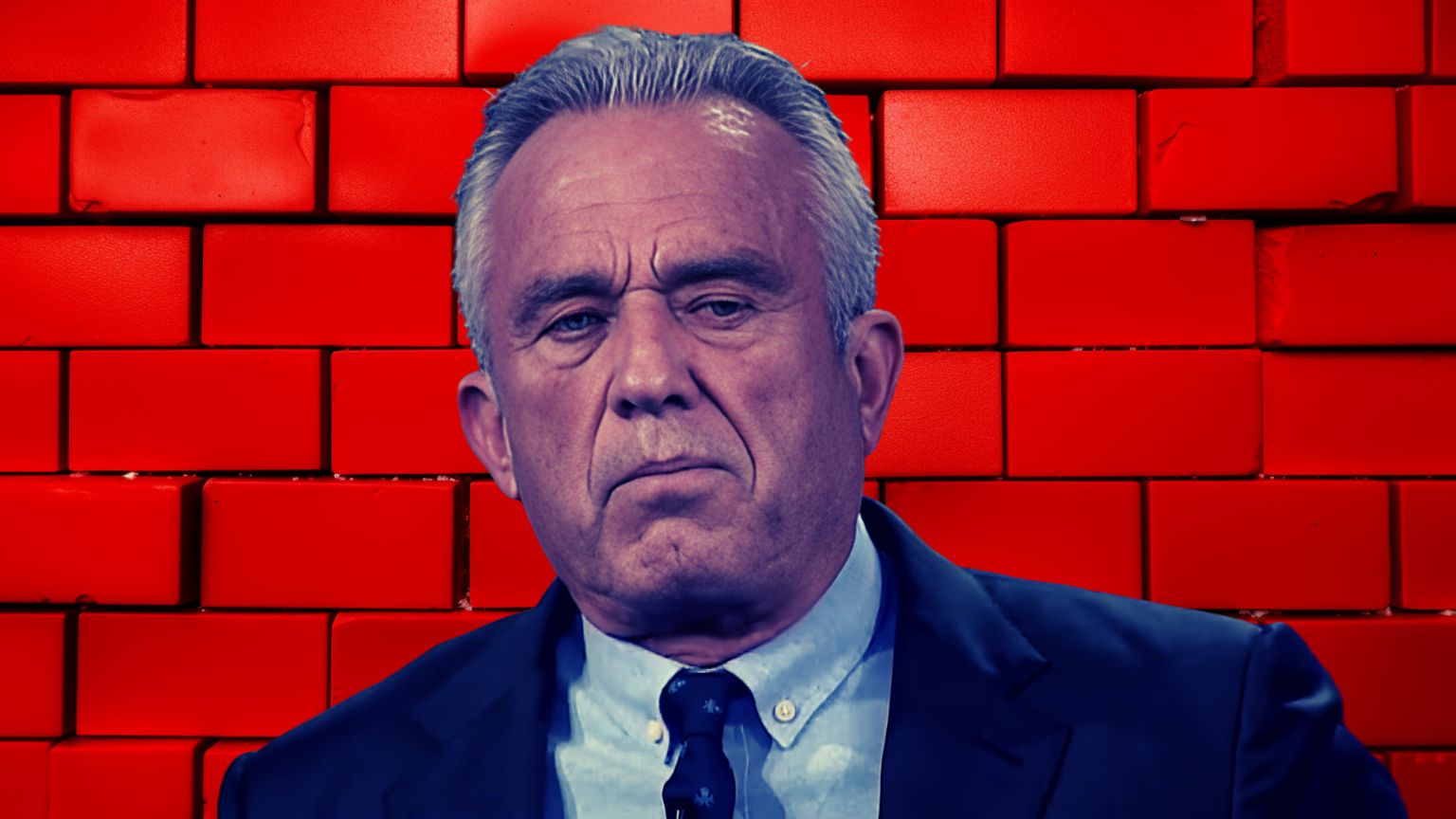A judge has rejected Robert F. Kennedy Jr.’s request for a temporary restraining order against YouTube after his videos were censored by the Big Tech giant during his presidential campaign.
“The Court finds that the First Amendment claim is unlikely to succeed on the merits because Google and YouTube are not state actors,” Judge Trina Thompson wrote in the order. “Second, Plaintiff was not, and will not, be irreparably harmed if a temporary restraining order is not issued because he does not demonstrate urgency or that he will not be able to share his videos through other sites and methods.”
We obtained a copy of the order for you here.
Kennedy is taking on tech behemoths Google and YouTube, alleging the platforms have unfairly removed his videos challenging the safety of COVID-19 vaccines. This latest entanglement between proponents of free speech and corporate censorship reflects a widening chasm in American discourse and serves as a stark reminder of the power these tech giants hold.
In his lawsuit filed on August 2, Kennedy warns of the extraordinary repercussions of silencing voices of dissent amidst an ever-evolving pandemic narrative.
Known as a staunch health activist, Kennedy aims to secure a court order forcing the tech duo to restore his removed videos. He lauded YouTube as a valuable “digital town square,” a platform he considers crucial in public discussions and the dissemination of alternative viewpoints regarding pressing national issues.
However, Judge Trina Thompson from the US District Court for the Northern District of California expressed skepticism over whether Kennedy fulfilled legal requirements to substantiate his censorship claim.
Citing the violation of their misinformation policies, Google and YouTube rebuff Kennedy’s challenge. The tech titans refused to yield to Kennedy’s assertion that they infringed upon his First Amendment rights. Instead, they insist their decision to remove his “false and dangerous medical information” is in perfect alignment with their free speech rights.
Yet, Scott Street, Attorney for Kennedy, believes Google’s approach to misinformation contrasts sharply with that of other platforms such as Twitter and Facebook. Google, he says, has obstinately continued censoring Kennedy, despite his client’s political role and strong belief in free speech.
He further observes that Google’s misinformation policies create a chilling environment for anyone wishing to post any of Kennedy’s content, citing potential penalties and removal for those daring to flout the rules. This, Kennedy asserts, leaves him muzzled, the censorship effectively driven by fluctuating governmental mandates.
Meanwhile, Google fervently defends its censorship, claiming it’s within its right to quell the spread of what it classifies as destructive misinformation. Google’s counsel, Jonathan Blavin, insists that including such misleading health information on their platform would harm the public interest.
The next hearing for the case will be November 7th, 2023.










